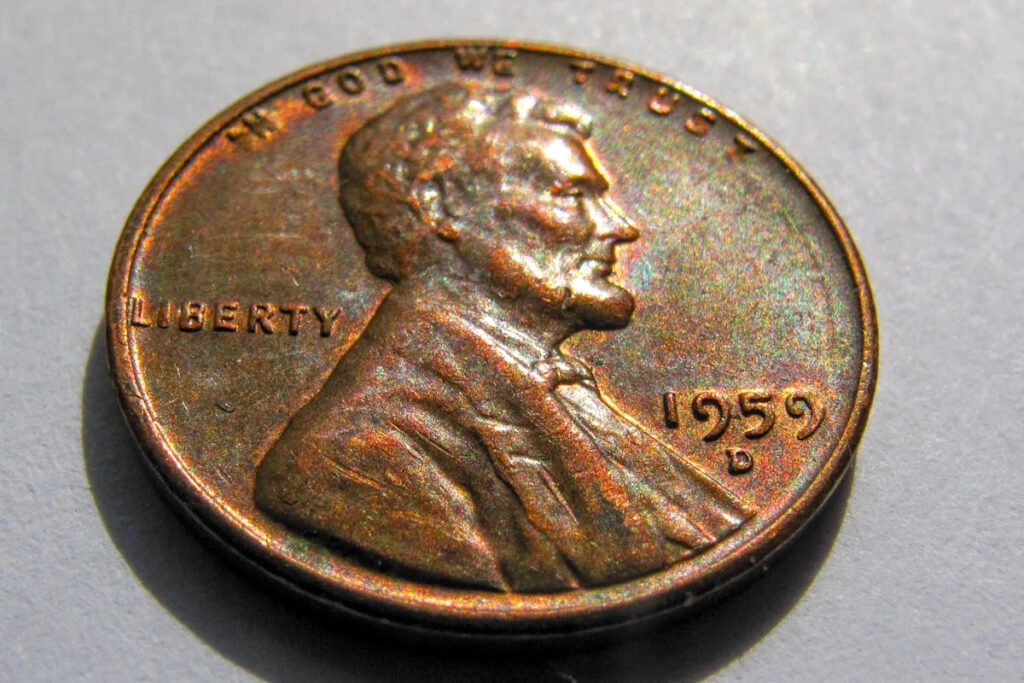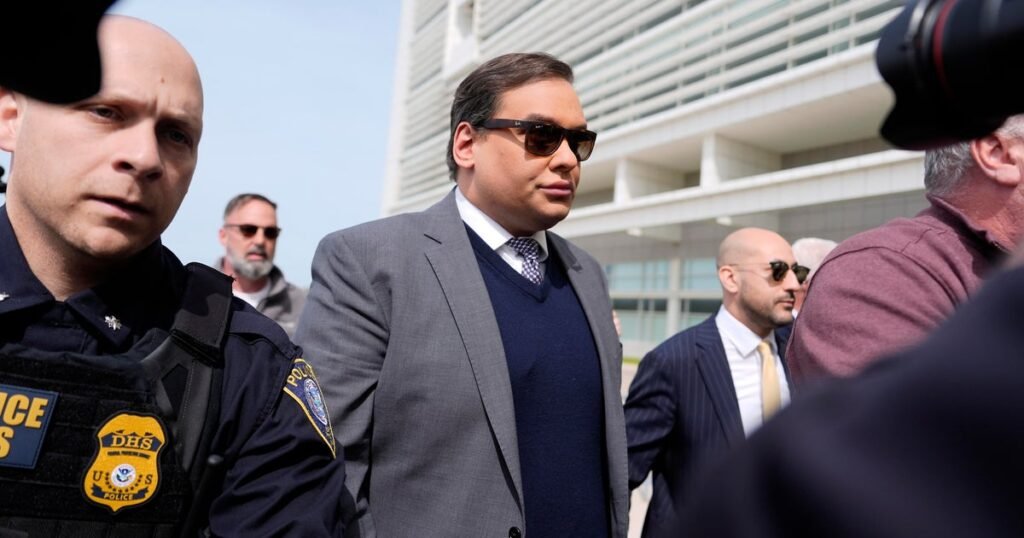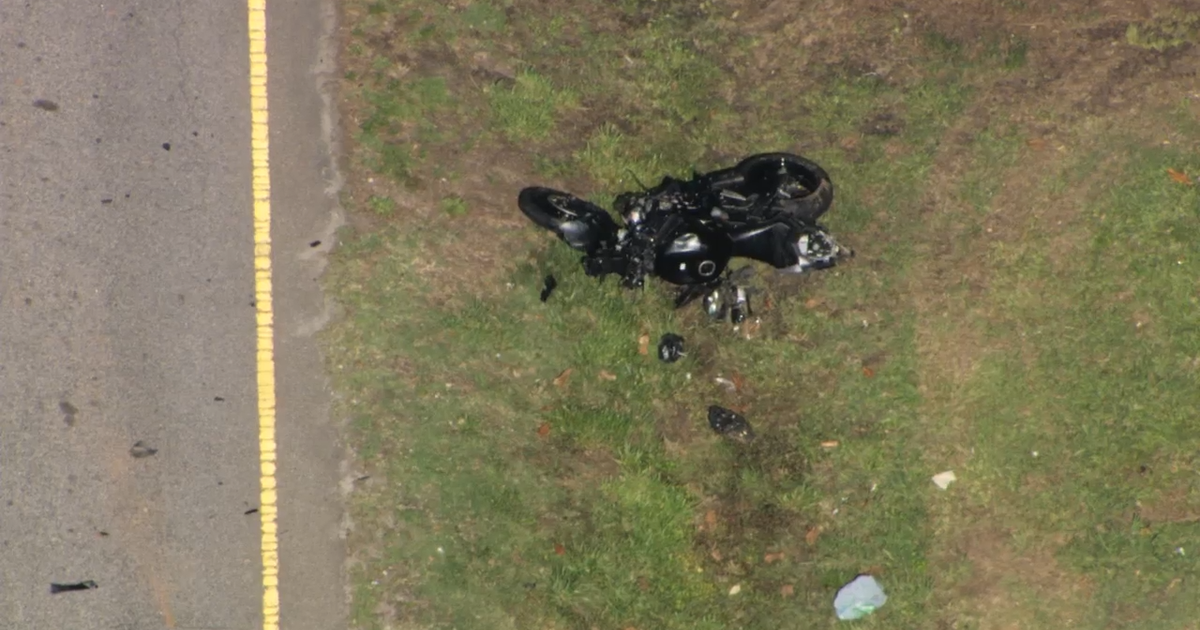Now Reading: Trump Administration: News and Live Updates
-
01
Trump Administration: News and Live Updates
Trump Administration: News and Live Updates

The Justice Department quietly approached Harvard University last month with startling claims, even by the extraordinary standards of the Trump administration’s monthslong assault on the elite college.
The department signaled that it was reviewing claims of discrimination against white men at The Harvard Law Review, and accused the renowned publication of destroying evidence in an open investigation. The administration demanded that Harvard “cease and desist” from interfering.
In a series of letters that have not been previously reported, the government also disclosed that it had a “cooperating witness” inside the student-run journal. That witness now works in the White House under Stephen Miller, the architect of the administration’s domestic policy agenda, Trump officials confirmed.
The Law Review is independent of Harvard University. The allegations nonetheless deepened fears among Harvard officials that the administration appeared eager to escalate one of its civil investigations into a criminal inquiry, underscoring how the university’s problems with President Trump extend far beyond the loss of billions in federal funding.
But the aggressive language in the letters from the Justice Department’s two top civil rights lawyers appeared to have overstated the allegations in pursuit of an additional way to punish Harvard. In that way, the episode fits a broader trend in how the administration is wielding federal investigatory powers to impose its political agenda.
From reshaping the economy to ramping up deportations to punishing the nation’s elite law firms and universities, Mr. Trump’s government has repeatedly prized speed and shock value over the kind of methodical steps typically taken to build a legal case.
The investigation of The Harvard Law Review offers a glimpse into the strategy. The Justice Department’s not-so-subtle threats helped persuade The Law Review to agree to at least some of the government’s demands, which were delivered in three letters within 10 days in May.
A detail not included in the correspondence: The Justice Department’s “cooperating witness” had taken a job inside the White House.
While the White House has cast the witness as a whistle-blower, his identity has been known to many of those involved in the matter. The witness, Daniel Wasserman, was identified as a government cooperator in two of the letters to Harvard University from the Justice Department last month, when he was still an editor at The Harvard Law Review. And other staff members of The Law Review have also known of his identity.
In April, he had told classmates and others that he had applied to work for Mr. Miller, the White House deputy chief of staff for policy. The White House confirmed that Mr. Wasserman was offered a job on April 25, the same day that accusations of discrimination at the journal first surfaced in a conservative media report, and that his first day of work was May 22.
The letters were sent by the Justice Department to the university, rather than to The Law Review, and were dated May 13, May 21 and May 23.
Mr. Wasserman, who has a bachelor’s degree from Yale and a master’s from the University of Cambridge, graduated from Harvard Law School on Wednesday.
A senior administration official said that Mr. Wasserman’s résumé was on the White House’s radar long before the Justice Department’s investigation into The Law Review and that his hiring was not connected to the government’s inquiry. Mr. Miller was not involved in the hiring and did not meet Mr. Wasserman until he started working in the White House, the official said.
On Friday, Mr. Wasserman picked up the phone assigned to him at the White House when a reporter for The New York Times called the White House switchboard and asked to speak with him.
“No comment,” Mr. Wasserman said, and quickly hung up.
A Justice Department spokesman did not respond to a request for comment.
Legal experts said it was highly unusual for an administration to give a cooperating witness in an ongoing investigation a White House job.
Inside the administration, some officials said the Justice Department might have additional evidence beyond what it had disclosed in its letters. Two administration officials familiar with the investigation said the department had been pursuing an allegation that law school students applying for editorial jobs at The Law Review were told directly of racial and gender hiring preferences.
Harrison Fields, a White House spokesman, praised Mr. Wasserman as a whistle-blower and encouraged more students to speak out.
“Harvard is violating federal law with its discrimination, and a student was brave enough to call them out on this,” Mr. Fields said. “Because of his actions, the Justice Department is investigating clear violations of the law.”
Jonathan Swain, a spokesman for Harvard, said the university was committed to following the law, and emphasized that the school and The Law Review were two separate entities.
“Harvard Law School and Harvard University do not control or operate The Harvard Law Review, including in its membership or article selection decisions,” Mr. Swain said in an emailed statement.
The Law Review declined to comment.
The Harvard Law Review is widely considered one of the nation’s most prestigious and influential legal journals. The Law Review provides a training ground for future leaders, including former President Barack Obama, Senator Ted Cruz of Texas and former Justice Ruth Bader Ginsburg, and its highly selective articles regularly shape legal arguments and court decisions.
But the journal has emerged as a new pressure point in the administration’s campaign against Harvard, which has so far refused demands to align its admissions policies, curriculum and hiring practices with Mr. Trump’s political agenda.
The first public indication that the Trump administration had zeroed in on The Law Review came on April 28, when the Departments of Education and Health and Human Services announced a civil rights investigation, citing a news article that had appeared in The Washington Free Beacon three days earlier.
The Free Beacon, a conservative media outlet, had published multiple private messages and internal documents from The Law Review that it said showed the journal was discriminating against white, male authors.
The Free Beacon story also prompted a different kind of inquiry inside The Law Review, where editors looked for signs of a leak. Their search revealed that Mr. Wasserman had downloaded tens of thousands of documents, said three people familiar with the matter who requested anonymity because they were not authorized to speak publicly. The Law Review considered the downloads to violate its privacy policy, and Mr. Wasserman was given a “formal reprimand,” a letter in the student’s Law Review file that was never to be shared with anyone outside the journal.
The Free Beacon article described a “pervasive pattern of racial discrimination” in hiring editors and selecting articles. The accusations were similar to lawsuits that Mr. Miller’s nonprofit group, America First Legal, had helped bring against Northwestern University and New York University in the years before Mr. Trump returned to the White House. The suit against N.Y.U. was dismissed, while the Northwestern case remains pending.
The internal messages and documents published by The Free Beacon showed how race and gender were discussed inside The Law Review, but did not indicate that race or gender were predominant considerations behind its final decisions.
The department first disclosed that Mr. Wasserman was providing information to the government in the second letter, sent on May 21. The letter accused The Law Review of retaliating against Mr. Wasserman and instructing him to destroy evidence.
But those allegations appeared thin to The Law Review. The journal’s position is that it had not asked Mr. Wasserman to destroy evidence, according to the three people familiar with the matter. Instead, The Law Review had asked him to stop disseminating documents he had taken and to retrieve or destroy any copies he gave to others, the three people said. The original documents remain in The Law Review’s possession, these people said.
Retaliation also appeared unlikely to have motivated The Law Review to reprimand Mr. Wasserman. According to the timeline in the Justice Department’s own letters, Mr. Wasserman had been told by The Law Review that there was a preliminary finding that he violated its policies before the department disclosed he had been providing the government with information.
The Law Review formally issued a letter of reprimand against him before it had been told by Harvard that he was cooperating with the Justice Department.
Still, the department was intent on removing the reprimand from Mr. Wasserman’s file inside The Law Review.
“Prior to Mr. Wasserman’s Harvard Law School graduation, scheduled to take place on May 29, 2025, H.L.R. must retract the disciplinary action it instituted against him,” the Justice Department told Harvard in the third letter, sent on May 23. “Any record of his discipline must be permanently expunged.” The department also told The Law Review to “retract any instructions to Mr. Wasserman or others to delete responsive documents.”
It was an extraordinary effort to use federal power on behalf of a friendly witness.
Fearing the wrath of the Trump administration, Law Review officials tore up the reprimand and dropped their demand that Mr. Wasserman stop disseminating the documents and that others return or delete them.
Kitty Bennett contributed research.


















































